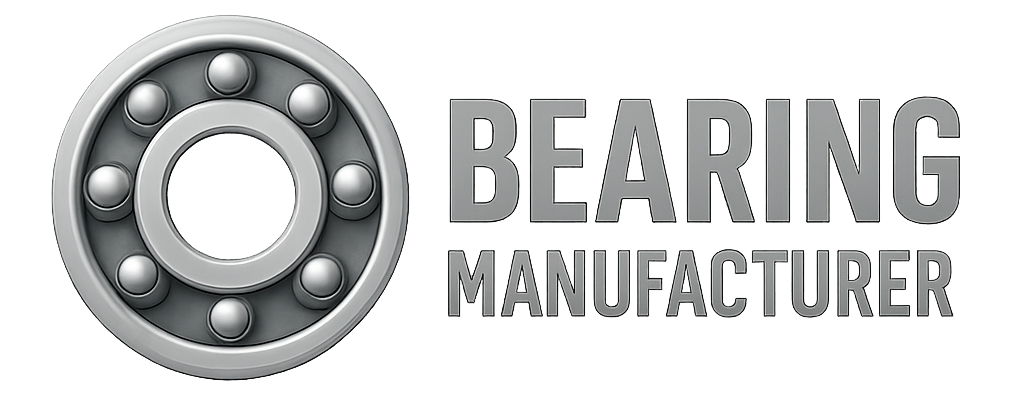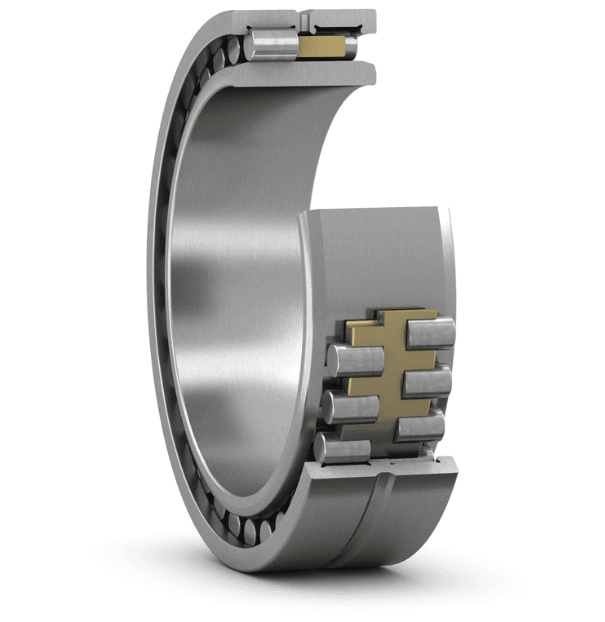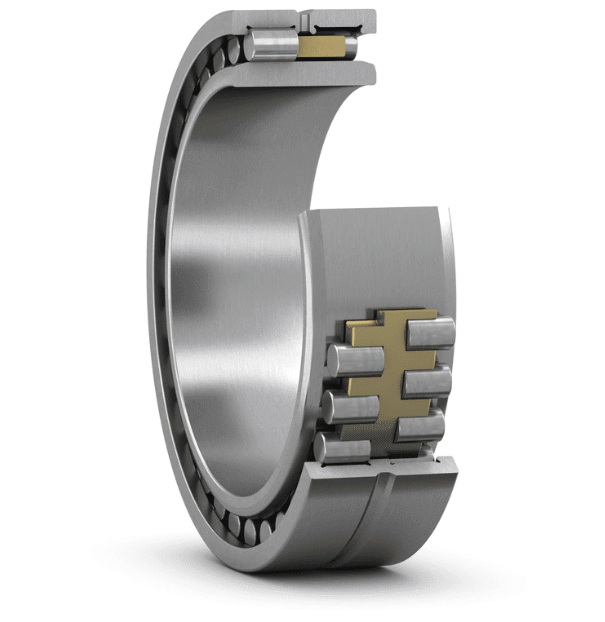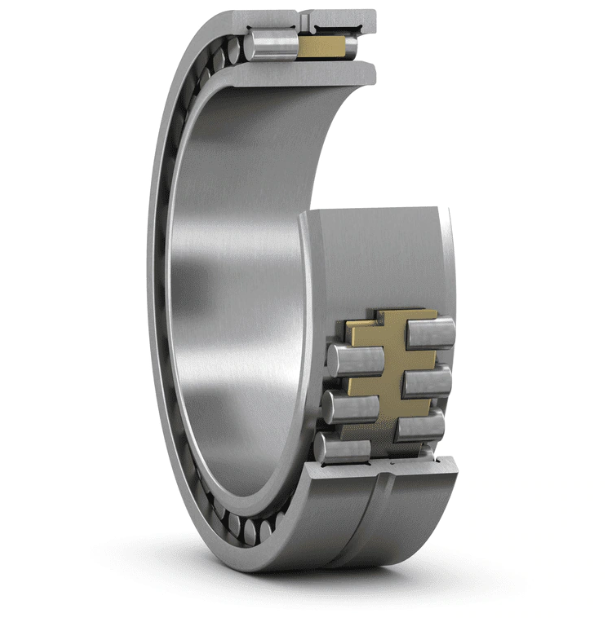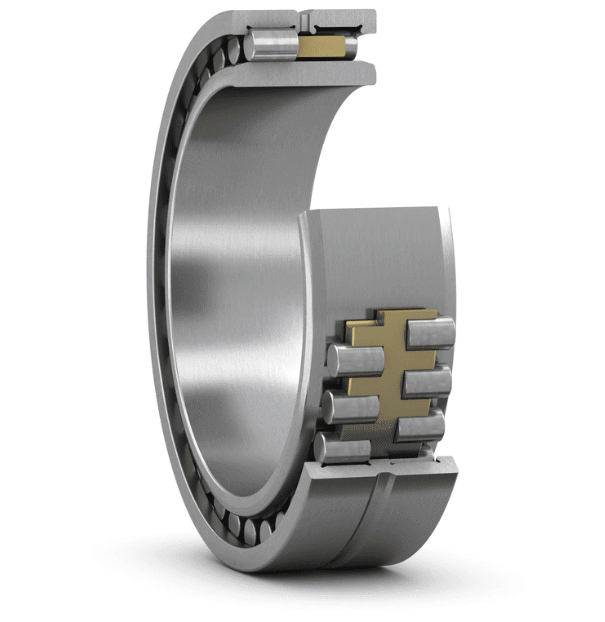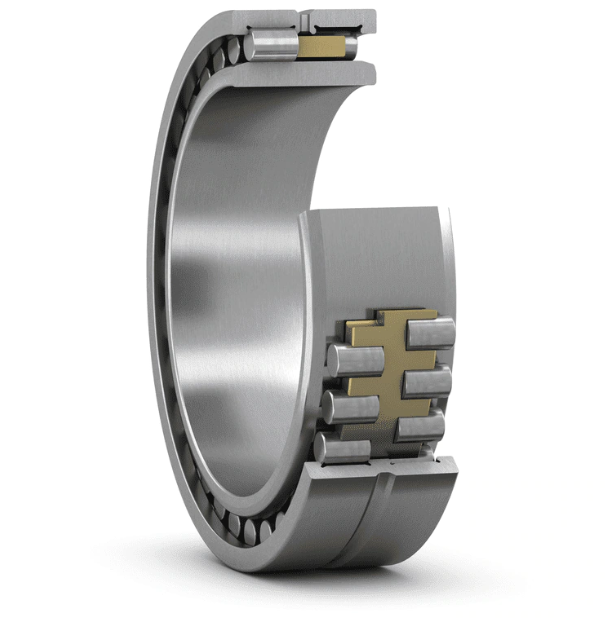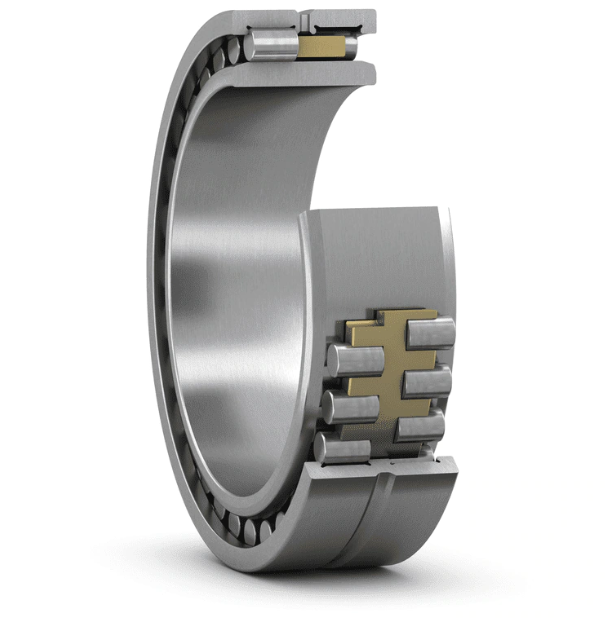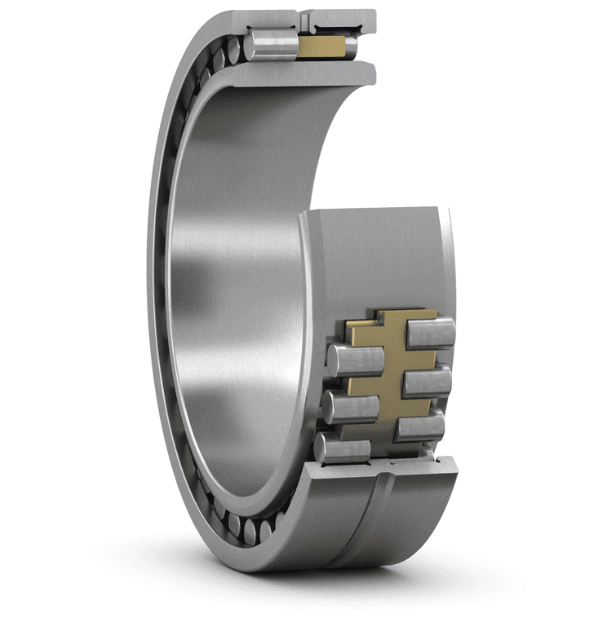316077 A
Design Features of 316077 A Bearing
316077 A Bearing is engineered to provide higher load capacity and rigidity compared to their single-row counterparts. Featuring two rows of rollers, its design allows for better distribution of load across a wider area, enhancing stability and support. 316077 A bore dia is 440 mm. Its out dia is 620 mm. 316077 A width is Width. This bearing is constructed using advanced materials and manufacturing techniques to ensure minimal friction, reduced heat generation, and extended service life.
What Benefits Can 316077 A Bearing Provide?
- Higher Load Support: With two layers of rollers, it can take on more weight, perfect for tasks that are heavy or tough.
- Precise Manufacturing: It’s carefully made for the highest accuracy, reducing mistakes in fast-moving applications.
- Stability and Rigidity: It is designed to not twist or bend out of shape, which is great for machines that need to move in specific, exact ways.
- Efficient Operation: Advanced design and materials mean it creates less friction, keeping it cooler and more efficient.
- Durability: Made with durable materials and techniques, they last longer, even in harsh conditions.
What Can 316077 A Bearing Be Used for?
316077 A Bearing is perfect for jobs that need very precise and strong parts. It is used in:
- Precision Machines: For cutting and shaping with great accuracy.
- Healthcare Machines: Like for detailed scans in MRI machines.
- Aerospace Parts: In engines and other airplane parts that have to be very exact.
- High-Performance Cars: For engines and gear systems that need to be both tough and precise.
- Robots and Automated Systems: Where movements need to be exact and reliable.

